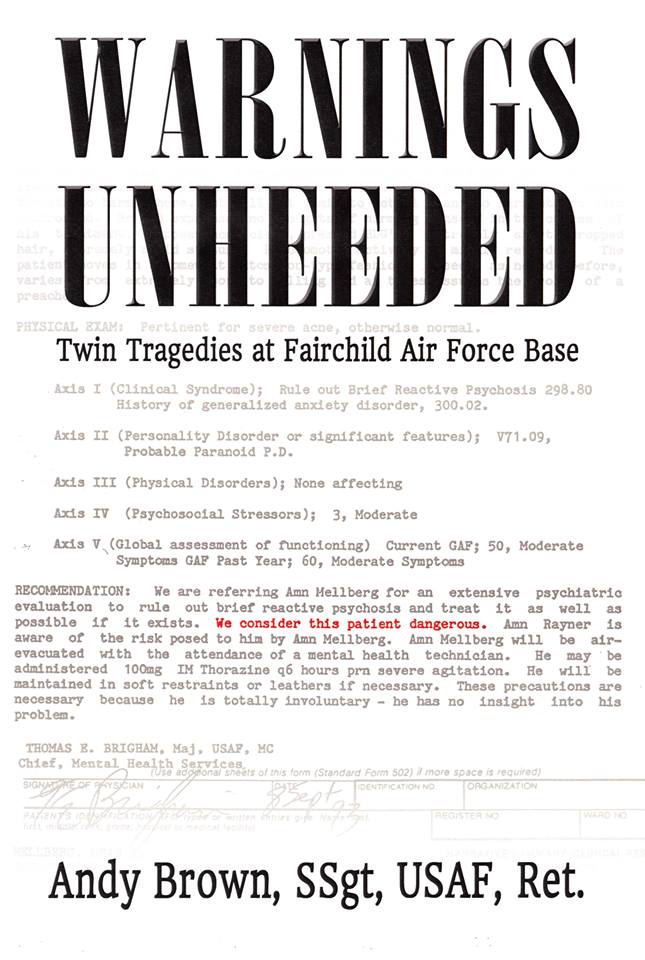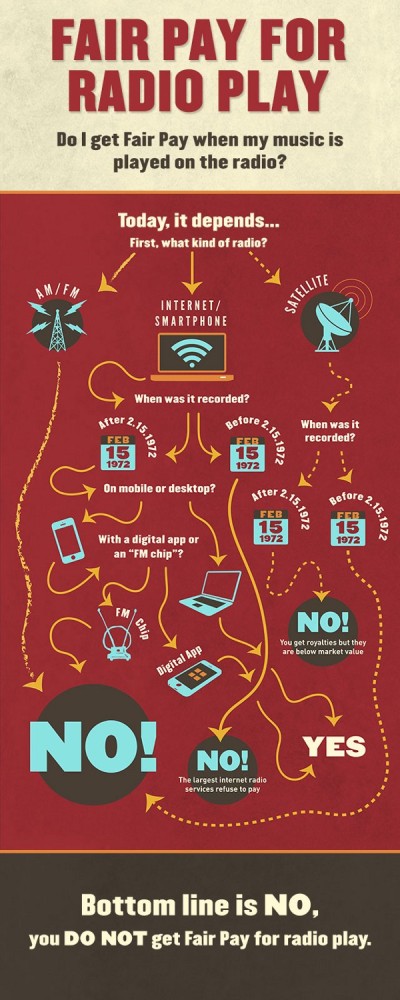In an unusual case, a comedian has filed suit against the Conan O-Brien Show for copyright infringement arising out of alleged joke theft. The plaintiff, Robert Alexander Kaseberg, alleges that five jokes posted on his comedy blog and Twitter account were unlawfully stolen and featured in the Conan show monologue. The following are two examples of Kaseberg’s alleged infringements:
The “Tom Brady” joke:
Kaseberg version: “Tom Brady said he wants to give his MVP truck to the man who won the game for the Patriots. So enjoy that truck, Pete Carroll.”
Conan monologue version: “Tom Brady said he wants to give the truck that he was given as SuperBowl MVP to the guy who won the SuperBowl for the Patriots. Which is very nice. Yeah, I think that’s nice. I do. Yes. So Brady’s giving his truck to Seahawks coach Pete Carroll.”
The “Bruce Jenner” joke:
Kaseberg version: “Three towns, one in Texas, one in Tennessee, have streets named after Bruce Jenner and now they have to consider changing them to Caitlyn. And one will have to change from a Cul-de-Sac to a Cul-De-Sackless.”
Conan monologue version: “Some cities that have streets named after Bruce Jenner are trying to change the streets’ names to Caitlyn Jenner. If you live on Bruce Jenner cul-de-sac it will now be cul-de-no-sack.”
In order to establish copyright infringement, Kaseberg must show that the Conan show writers had access to his jokes; and that the monologue jokes are substantially similar to Kaseberg's jokes. In their motion for summary judgment, the Conan defendants first argue that merely posting content online is insufficient to establish access. Further, the Conan defendants point out that the factual setups for all of the jokes are derived from current news events and stories, for which no comedian may claim a monopoly. Finally, the Conan writers also testified that parallel thought among comedy writers is an innate reality in the world of late-night talk shows, and it is not unusual for multiple comedians and social media users to independently create jokes in a similar vein. Conan O’Brien has vehemently denied the lawsuit allegations, stating in a deposition that “accusing a comedian of stealing a joke is the worst thing you can accuse them of, in my opinion, short of murder.”
While the jokes at issue do appear to bear some similarities, I think it’s unlikely that Kaseberg's claims will survive summary judgment. Jokes are generally derived from the realm of mere “ideas,” which are not protectable under copyright. Oral argument in the case is scheduled for this afternoon, and the judge will likely issue a ruling shortly thereafter. The case citation is Kaseberg v. Conaco, LLC et. al., 3:15-cv-01637-JLS-DHB.

 Post a Comment → Posted on
Post a Comment → Posted on  Friday, May 26, 2017 at 12:50PM
Friday, May 26, 2017 at 12:50PM 
